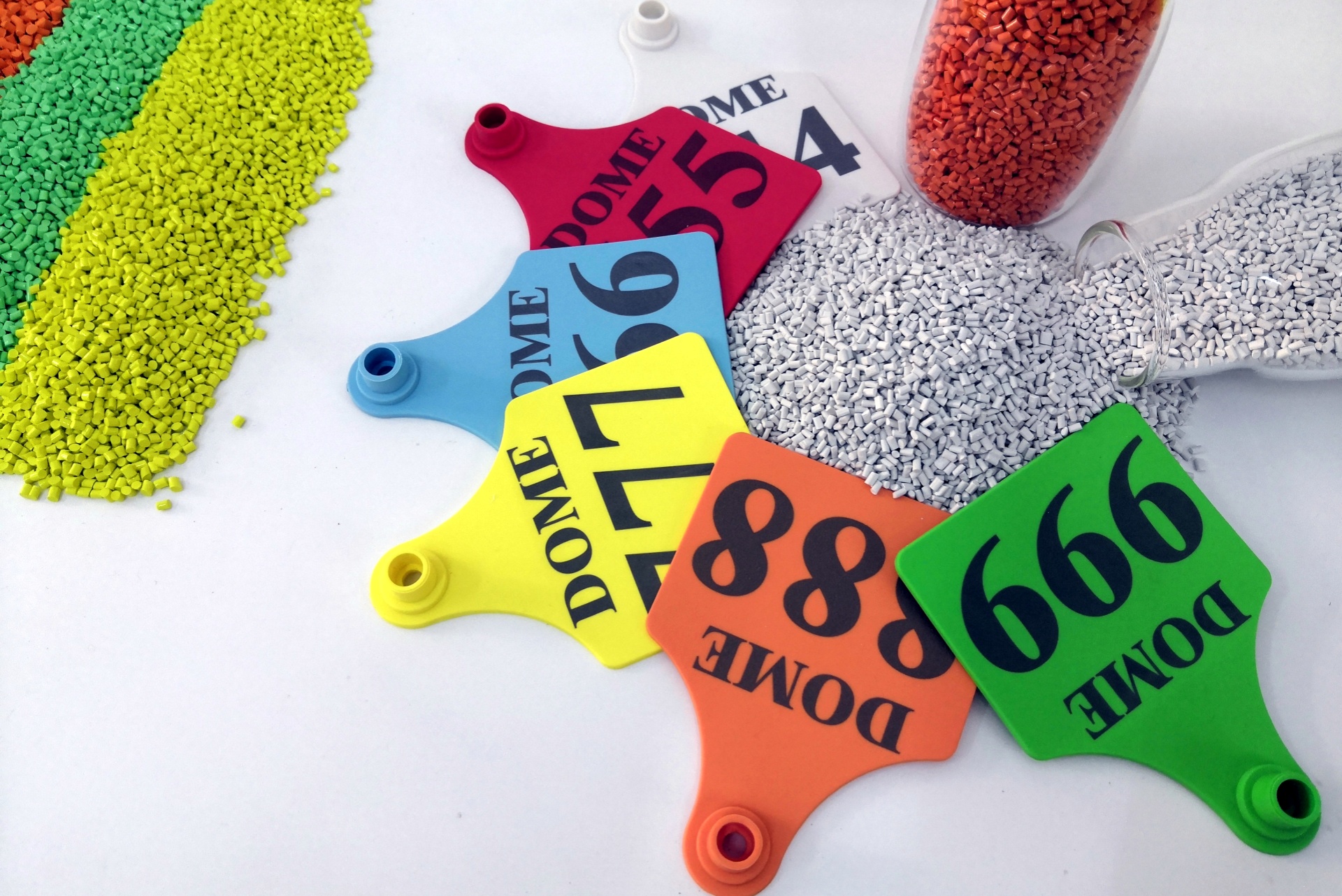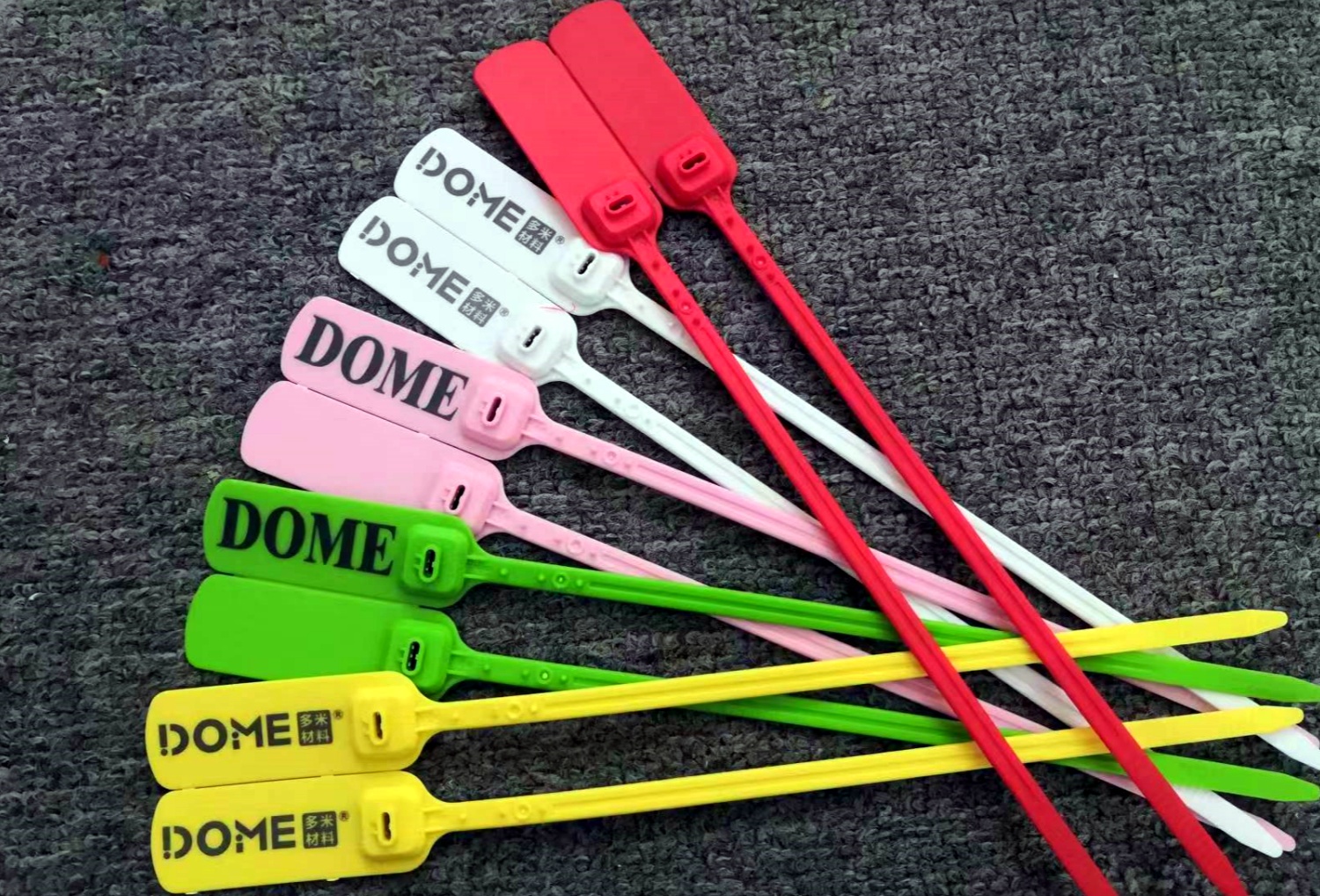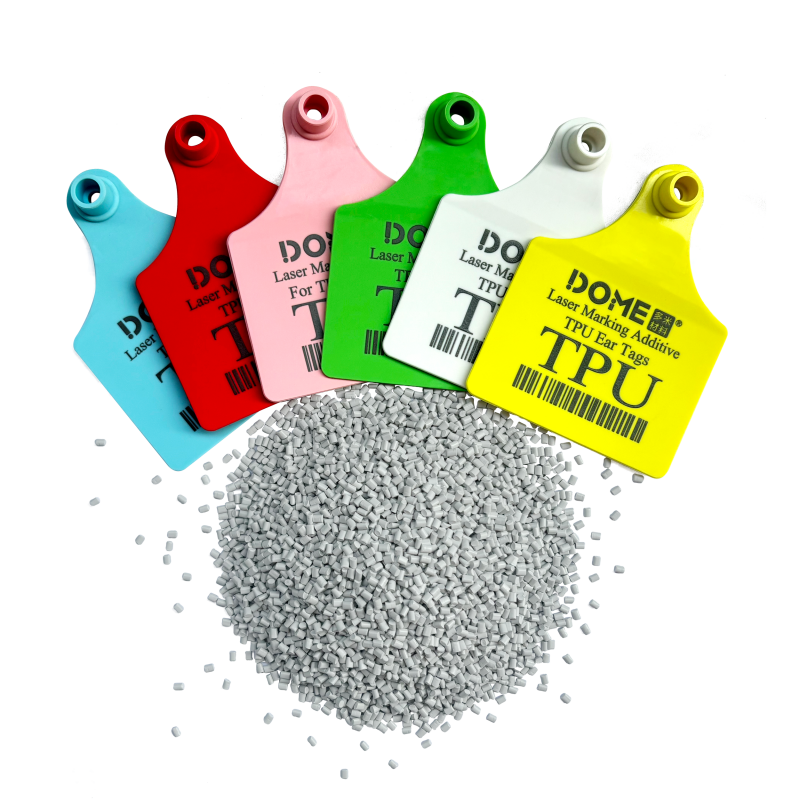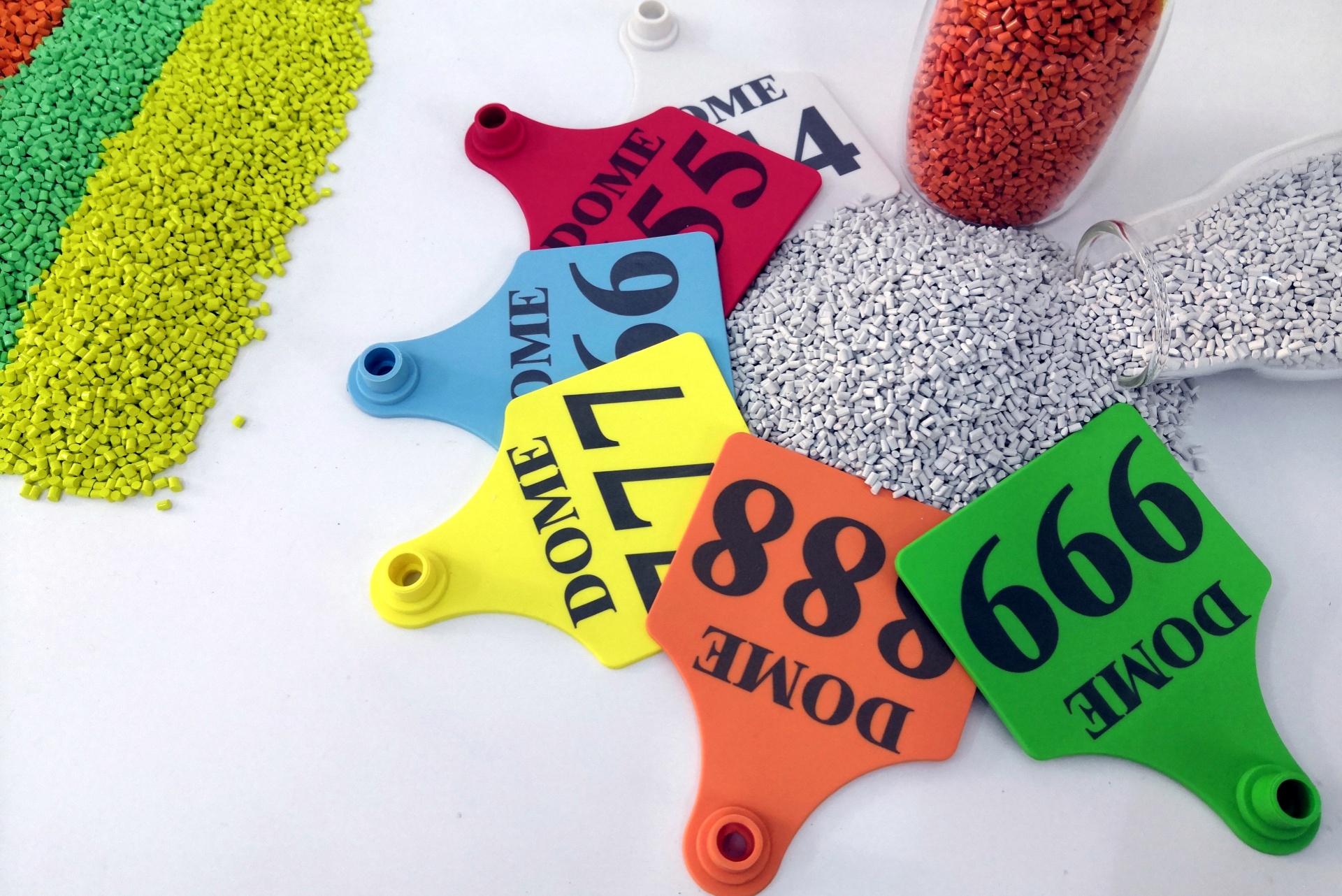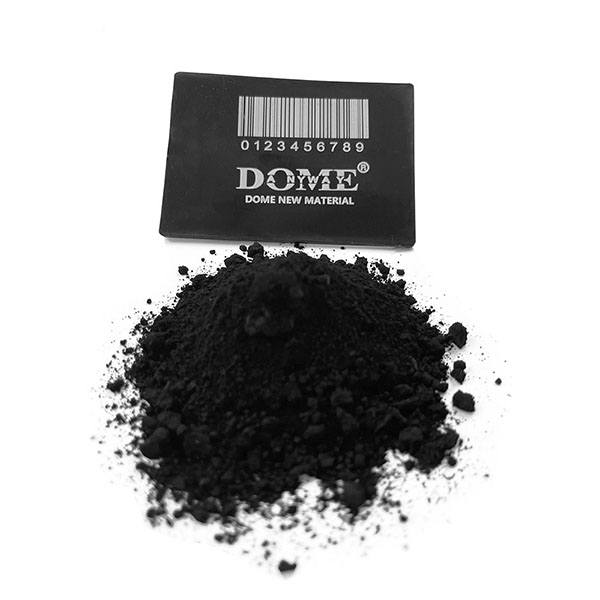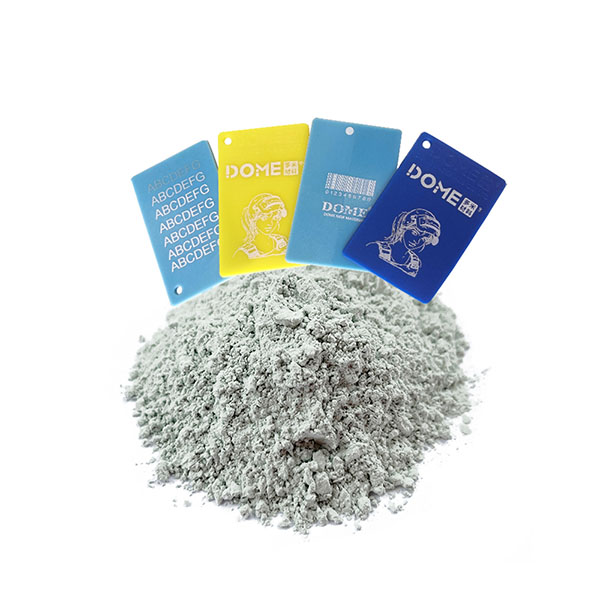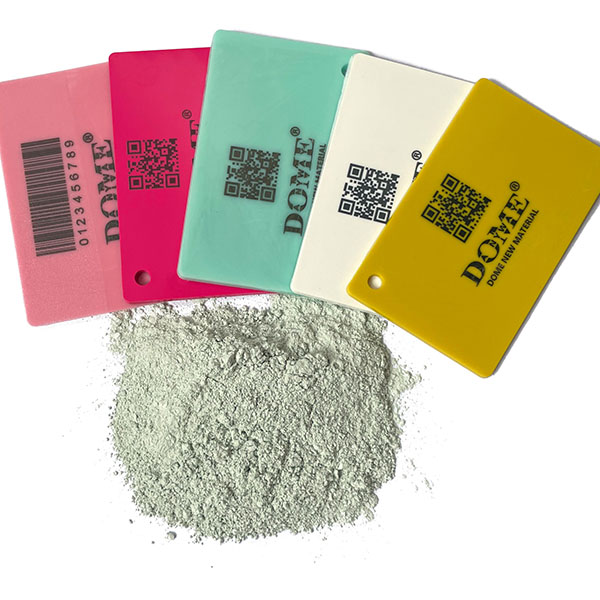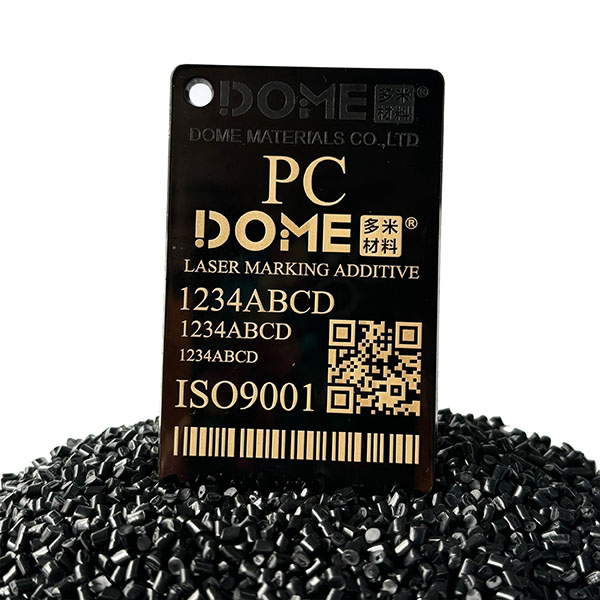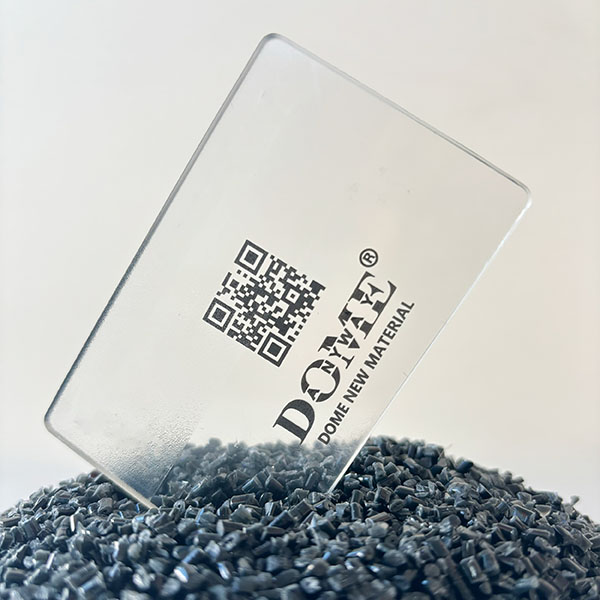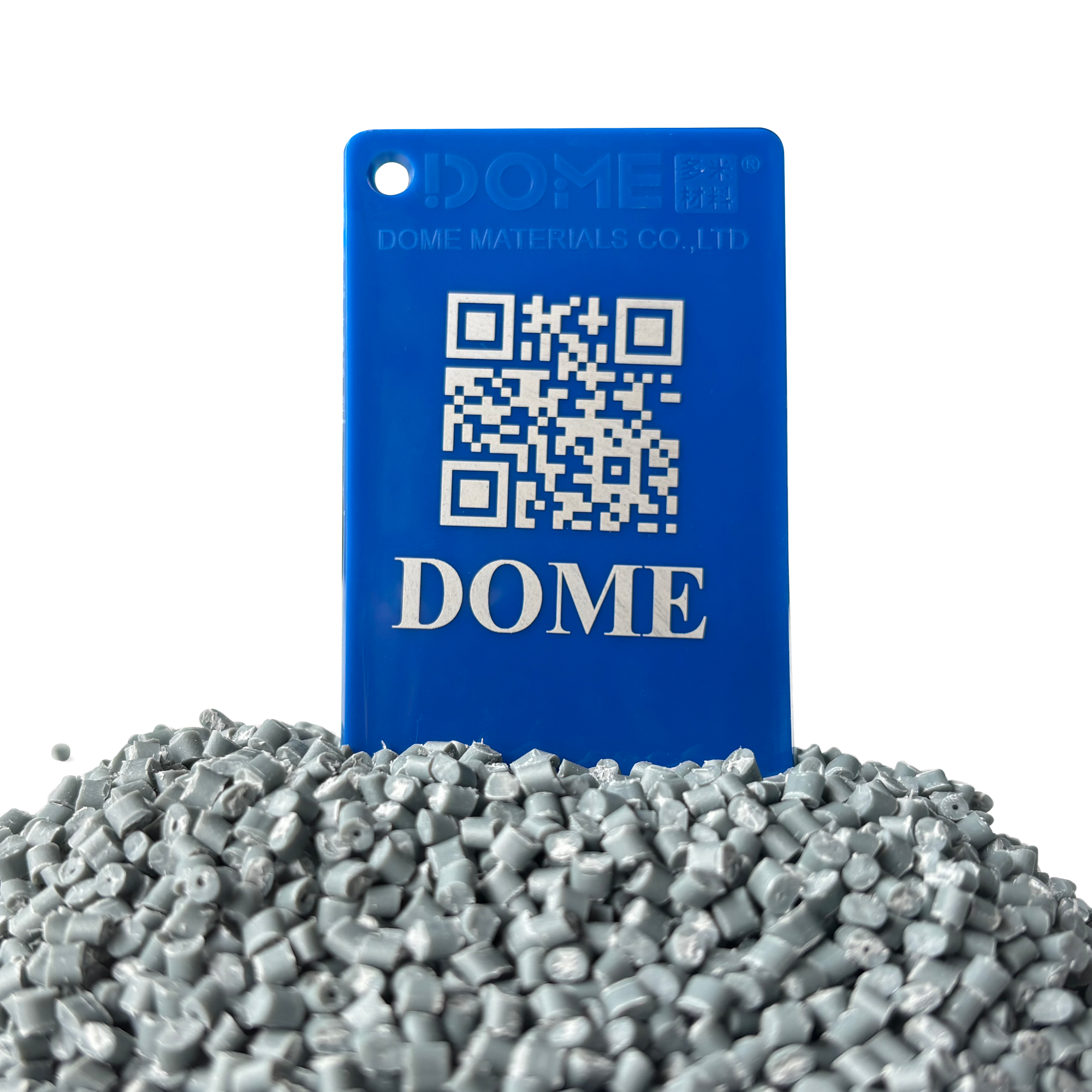In the world of plastics, achieving the perfect balance of color, performance, and processability is essential. One often-underestimated yet crucial component in this balance is the carrier resin, or base resin, used in Plastic Masterbatch and Additives. The base resin plays a vital role in ensuring that these products perform as intended, both during the manufacturing process and in the final application. In this blog, we will delve into the significance of carrier resins, the common types used, and how their selection impacts the properties of the final plastic products.
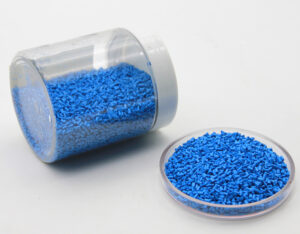
What is a Base Resin | Matrix resin?
A matrix resin is a base polymer used in the formulation of Plastic Masterbatch and Additives. It serves as the backbone that holds pigments, colorants, and functional additives together, ensuring they are evenly distributed and stable during the manufacturing process. The carrier resin is essentially the “vehicle” that delivers these components into the virgin polymer matrix, making it an integral part of the formulation.
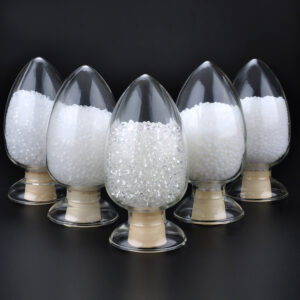
Significance of Additive Matrix Resin
The matrix resin is not just a passive component; it actively influences several critical aspects of Plastic Masterbatch and Additives:
-
Compatibility with Base Polymer
The primary role of the base polymer resin is to ensure compatibility with the base polymer being used. If the carrier resin is not compatible with the virgin polymer, it can lead to poor dispersion of pigments and additives, resulting in color inconsistencies, mechanical weaknesses, and processing issues. -
Dispersion of Pigments and Additives
The carrier base resin facilitates the uniform distribution of pigments and additives throughout the base polymer. Proper dispersion is essential for achieving consistent color and performance in the final product. -
Stability During Processing
The carrier base resin helps stabilize pigments and additives during the high-temperature processing conditions typically used in plastic manufacturing. This stability ensures that the colorants and functional additives remain effective and do not degrade or agglomerate. -
Enhanced Processability
The polymer base resin can improve the overall processability of the Plastic Masterbatch. It can reduce viscosity, improve flow characteristics, and ensure smoother blending with the virgin polymer, reducing the risk of defects in the final product. -
Customization for Specific Applications
Different matrix base resins can be used to tailor the Plastic Masterbatch for specific applications. For example, specialized carrier resins are required for high-performance polymers like TPU (Thermoplastic Polyurethane) to maintain their unique properties.
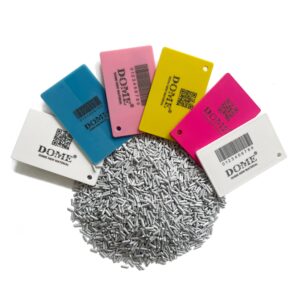
Common Types of Carrier Base Resins
Several types of carrier resins are commonly used in Plastic Masterbatch and Additives, each with its own advantages and applications:
-
Polyethylene (PE)
-
Advantages: Low cost, excellent compatibility with a wide range of polymers, and good processability.
-
Applications: Widely used in packaging, consumer goods, and industrial applications.
-
-
Polypropylene (PP)
-
Advantages: High heat resistance, good mechanical properties, and excellent chemical resistance.
-
Applications: Suitable for automotive parts, consumer goods, and food packaging.
-
-
Polystyrene (PS)
-
Advantages: High clarity, good rigidity, and ease of processing.
-
Applications: Commonly used in food containers, disposable cutlery, and consumer electronics.
-
-
Polyethylene Terephthalate (PET)
-
Advantages: High strength, good clarity, and excellent barrier properties.
-
Applications: Ideal for beverage bottles, food packaging, and high-performance applications.
-
-
Thermoplastic Polyurethane (TPU)
-
Advantages: High flexibility, excellent abrasion resistance, and good low-temperature performance.
-
Applications: Used in automotive parts, sports equipment, and flexible consumer goods.
-
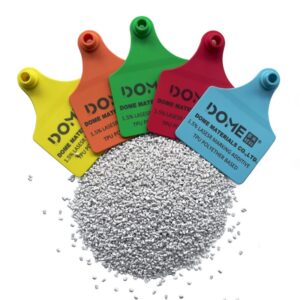
Impact of Base Resin on Final Product Properties
The choice of carrier base resin significantly impacts the properties of the final plastic product. Here are some key considerations:
-
Mechanical Properties
The base resin can influence the tensile strength, impact resistance, and flexibility of the final product. For example, using a TPU carrier resin in a flexible application ensures that the product maintains its elasticity and durability. -
Thermal Stability
High-temperature applications require carrier matrix resins that can withstand processing conditions without degrading. For instance, polypropylene (PP) is often used in applications that require high heat resistance. -
Chemical Resistance
The matrix base resin can affect the chemical resistance of the final product. Polystyrene (PS), for example, offers good resistance to many chemicals, making it suitable for food packaging applications. -
Color Consistency
The carrier base resin ensures that pigments and colorants are evenly distributed, resulting in consistent coloration. Poorly chosen carrier resins can lead to color variations and streaks. -
Processability
The carrier matrix resin can enhance or hinder the processability of the Plastic Masterbatch. A suitable carrier resin improves flow characteristics and reduces the risk of defects during extrusion or molding.

Choosing the Right Additive Carrier
Selecting the appropriate additive carrier depends on several factors:
-
Compatibility with the Base Polymer: Ensure the carrier additive resin is compatible with the virgin polymer being used.
-
Application Requirements: Consider the mechanical, thermal, and chemical properties needed for the final product.
-
Processing Conditions: Choose a carrier base resin that can withstand the temperatures and pressures used during manufacturing.
-
Cost Considerations: Balance performance with cost to achieve the best value for your application.
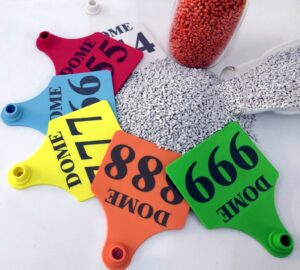
Conclusion
The additive carrier base resin in Plastic Masterbatch and Additives is a critical component that significantly influences the performance, processability, and final properties of plastic products. By understanding the role of matrix base resins and selecting the appropriate type for your application, you can achieve consistent coloration, enhanced mechanical properties, and improved processability. Whether you are working with flexible TPU, high-heat-resistant PP, or clear PS, the right additive carrier base resin is key to unlocking the full potential of your Plastic Masterbatch and Additives.Contact DOME Materials for unparalleled support and quality!

